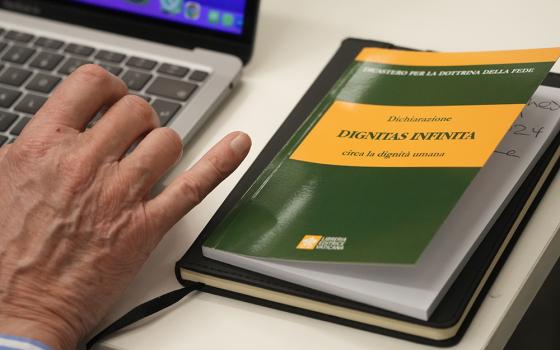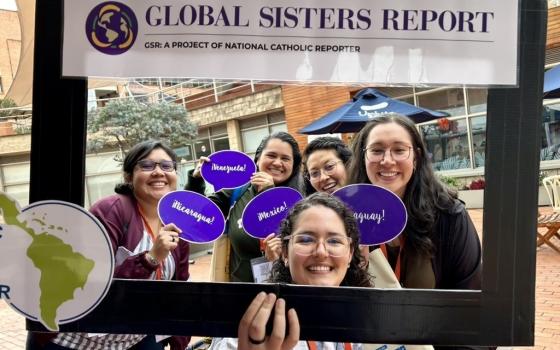Passage of the No Taxpayer Funding for Abortion Act "will help save lives and will reduce abortions," U.S. Rep. Chris Smith, R-N.J., said Tuesday.
The measure, known as H.R. 7, was approved 227 to 188.
Sponsored by Smith and U.S. Rep. Dan Lipinski, D-Ill., the No Taxpayer Funding for Abortion Act applies the principles of the Hyde amendment to federal health programs, including the Affordable Care Act. Since 1976, the Hyde Amendment has prohibited the use of taxpayer dollars to fund federal subsidies to any part of a benefits package that includes elective abortions.
"Americans have consistently demanded that public funds not pay for abortion," Smith told House members prior to the vote.
President Barack Obama signed an executive order preserving the Hyde amendment restrictions and applying them to the new health insurance exchanges. But Smith said the effort has failed because "many, perhaps most" plans available on health care exchanges include elective abortion.
In Connecticut and Rhode Island, at least, state officials have confirmed that all insurance plans offered on their respective health care exchanges include abortion coverage.
The No Taxpayer Funding for Abortion Act also requires that health care providers fully disclose the extent of their abortion coverage, including any abortion surcharges required of premium payers.
Cardinal Sean O'Malley of Boston, chairman of the Committee on Pro-Life Activities of the U.S. Conference of Catholic Bishops, praised the legislation. "The federal government should not use its funding power to support elective abortion, and should not force taxpayers to subsidize this violence," the cardinal said in a statement Tuesday.
The No Taxpayer Funding for Abortion Act is the second piece of pro-life legislation recently passed by the House. Last year, the House passed the Pain Capable Unborn Child Protection Act, which prohibits abortion after 20 weeks. Ten states have enacted similar provisions, including two that are being challenged in Georgia and Idaho.
The Senate has not voted on the Pain Capable Unborn Child Protection Act. It also is not expected to pass its own version of H.R. 7. In November, Sen. Richard Blumenthal, D-Conn., introduced the Women's Health Protection Act, which would invalidate any state laws that prevent access to abortion.
"An ever-growing number of people recognize that abortion isn't health care -- it kills babies and harms women," Smith said.







